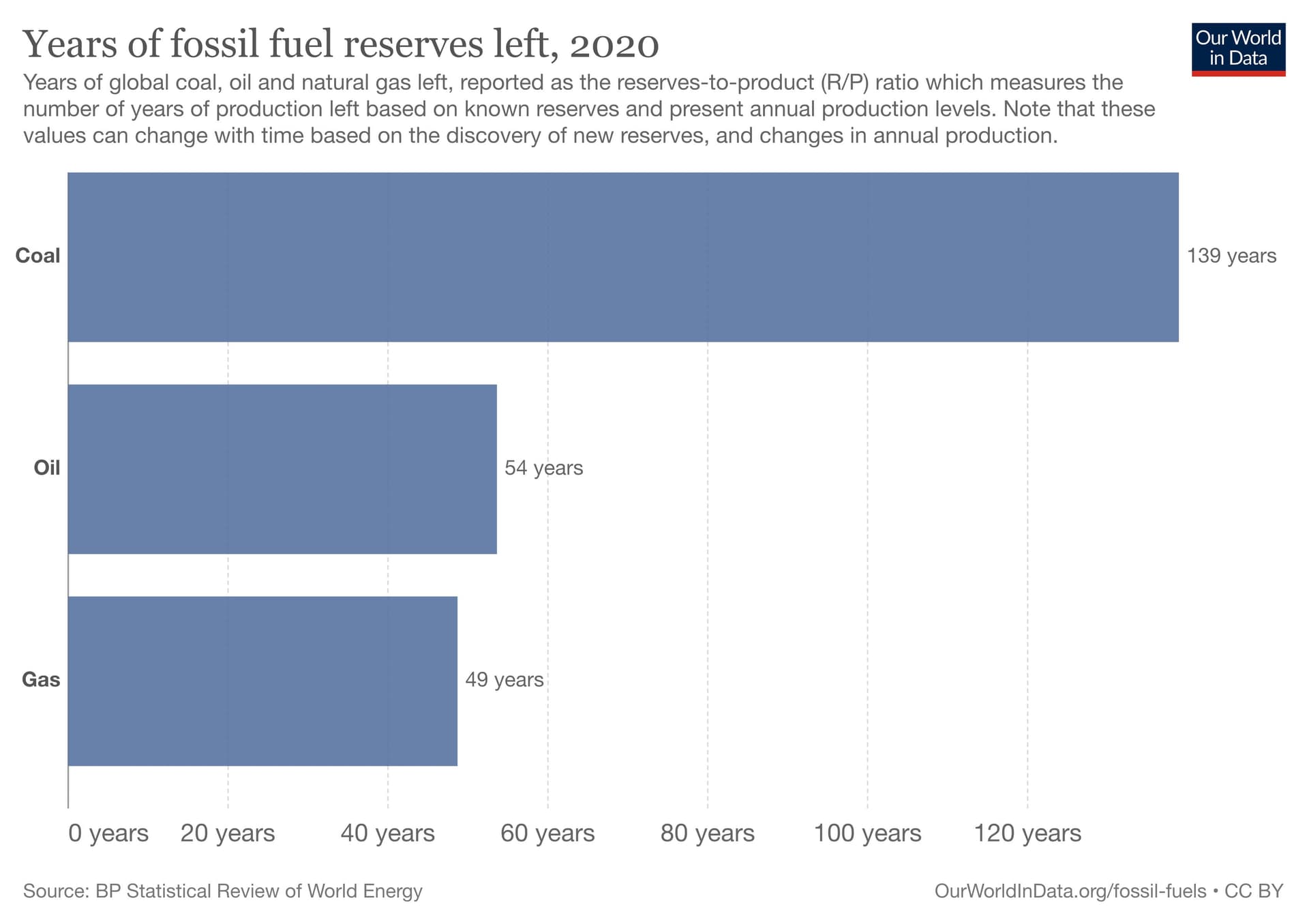
BIOMASS ENERGY
“CARBON LEAN” FUEL
Sustainable alternative to fossil fuels
Biomass is a renewable energy source, generated from burning wood, plants and other organic matter, such as manure or household waste.
WE RELY ON ENERGY
EVERY DAY
Energy is essential in our daily lives. We use it to fuel our cars, grow our food, heat our homes, and run our businesses. Most of our energy comes from burning fossil fuels like petroleum, coal, and natural gas. These fuels provide the energy that we need today, but there are several reasons why we are developing sustainable alternatives.
WE NEED NEW ENERGY SOURCES TO
REPLACE FOSSIL FUELS
- We are running out of fossil fuels
- Fossil fuels, such as petroleum, need to be imported from other countries
- Use of fossil fuels can be harmful to humans and the environment

BIOMASS
is an exciting, versatile energy source
Some of the advantages of biomass energy are:
- Biomass is always and widely available as a renewable source of energy.
The organic materials used to produce biomass are infinite, since our society consistently produces waste such as garbage, wood and manure.
- It is carbon neutral.
As a natural part of photosynthesis, biomass fuels only release the same amount of carbon into the atmosphere as was absorbed by plants in the course of their life cycle.
- It reduces the overreliance of fossil fuels
Not only is there is a limited supply of fossil fuels, but fossil fuels come with environmental baggage, including the release of large amounts of carbon dioxide into the atmosphere and the pollutants that result from removal, transportation and production.
- Is less expensive than fossil fuels.
While fossil fuel production requires a heavy outlay of capital, such as oil drills, gas pipelines and fuel collection, biomass technology is much cheaper. Manufacturers and producers are able to generate higher profits from a lower output.
- Biomass production adds a revenue source for manufacturers.
Producers of waste can add value by channeling their garbage to create a more profitable use in the form biomass energy.
- Less garbage in landfills.
By burning solid waste, the amount of garbage dumped in landfills is reduced by 60 to 90 percent, and reduces the cost of landfill disposal and amount of land required for landfill.